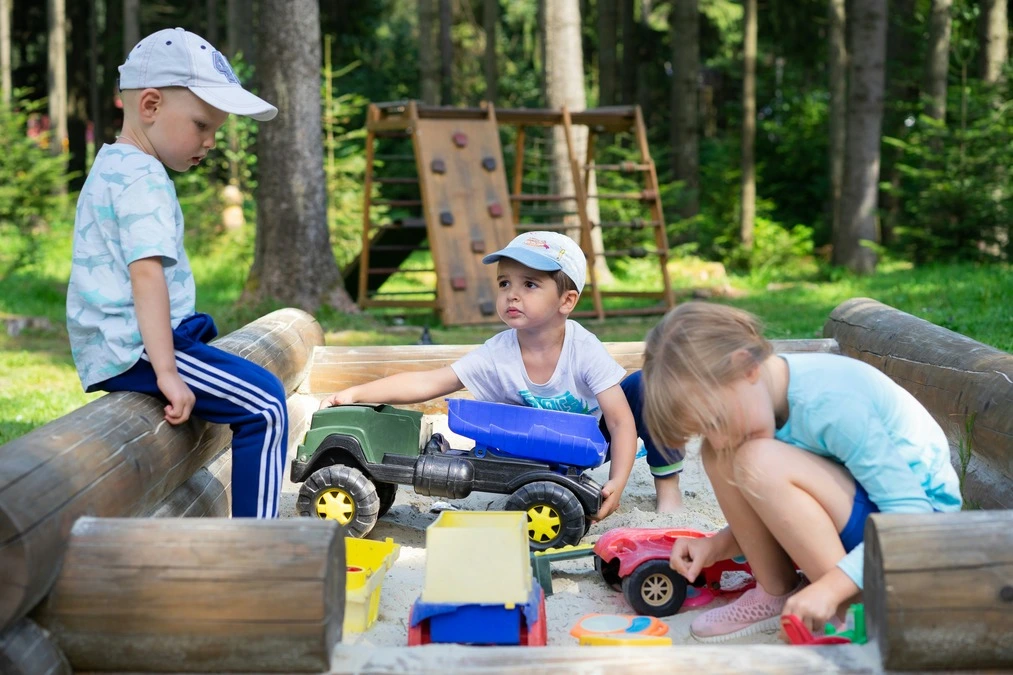The Montessori method is built upon several foundational principles that significantly contribute to a child’s overall development. Each principle is designed to guide children towards independence, self-discipline, and a love for learning, all of which are crucial for their growth.
Individualized Learning
One of the core principles of Montessori education is the emphasis on individualized learning. Children are encouraged to learn at their own pace, allowing them to master concepts before transitioning to the next level. This tailored approach not only fosters a deeper understanding of subjects but also respects each child’s unique learning style. When children can work at their own rhythm, they develop self-esteem and a genuine interest in their education.
Hands-On Learning
Montessori principles prioritize hands-on, experiential learning. By engaging with tangible materials and real-life activities, children can explore and make sense of their world in a concrete manner. This tactile approach enhances cognitive development and critical thinking skills, as children actively participate in their learning process rather than passively absorbing information. The ability to manipulate materials fosters fine motor skills and concentration, laying a solid foundation for future academic success.
Freedom with Responsibility
Another essential aspect of Montessori education is the balance of freedom and responsibility. Children are granted the autonomy to make choices within a structured environment, encouraging them to take ownership of their learning. This principle nurtures self-discipline, as children learn to assess their actions’ consequences and develop a sense of accountability. By understanding the importance of responsibility, children grow into thoughtful, conscientious individuals.
Respect for the Child
Respect is fundamental in Montessori education. This principle involves recognizing and appreciating a child’s thoughts, feelings, and ideas. By valuing children’s perspectives and allowing them to express themselves, parents and educators can create a nurturing environment that promotes self-expression and confidence. Respecting a child’s individuality fosters a strong sense of self-worth, which is essential for mental and emotional development.
Collaborative Learning Environment
Lastly, Montessori principles encourage collaboration and community-building among children. Group activities foster social skills, empathy, and teamwork, allowing children to learn from one another. Through collaboration, children develop communication skills and learn to navigate social dynamics, preparing them for future interactions in diverse settings. This sense of community instills a sense of belonging, which is vital for emotional security.
In conclusion, the principles of Montessori education play a pivotal role in child development. By fostering individualized, hands-on learning experiences while prioritizing freedom, respect, and collaboration, the Montessori method equips children with essential life skills and a well-rounded foundation for future success. Embracing these principles at home can significantly enhance a child’s growth, nurturing not just academic excellence but also emotional intelligence and social competence.







